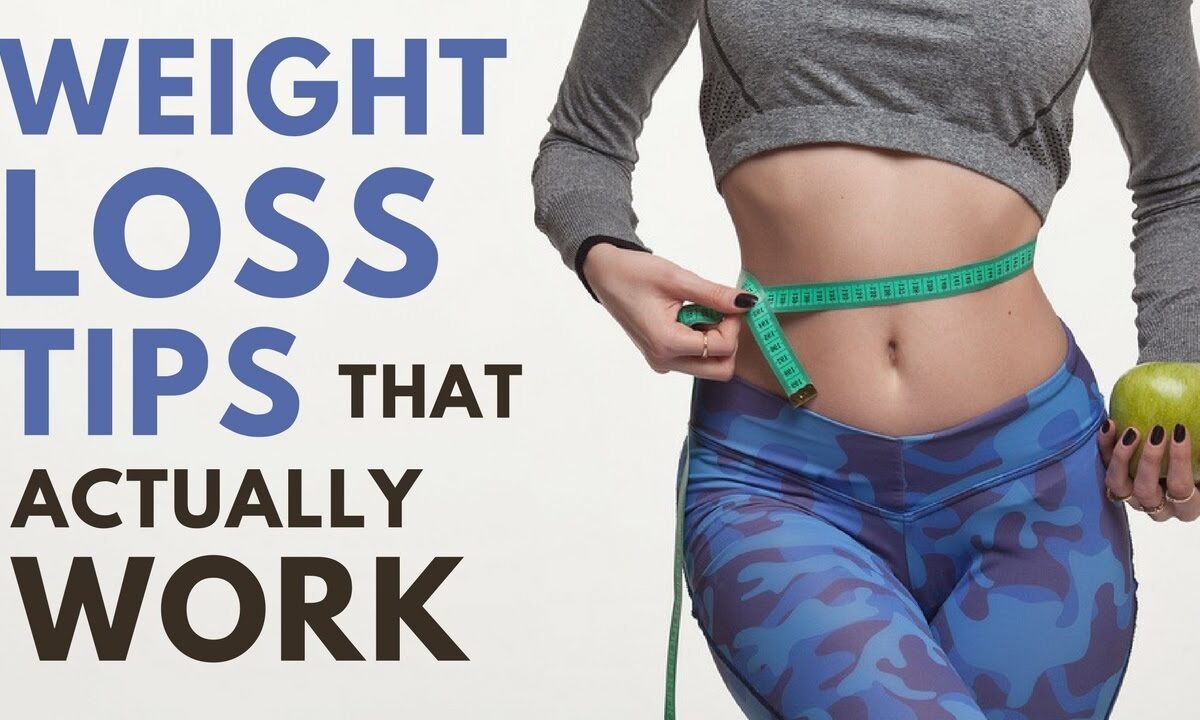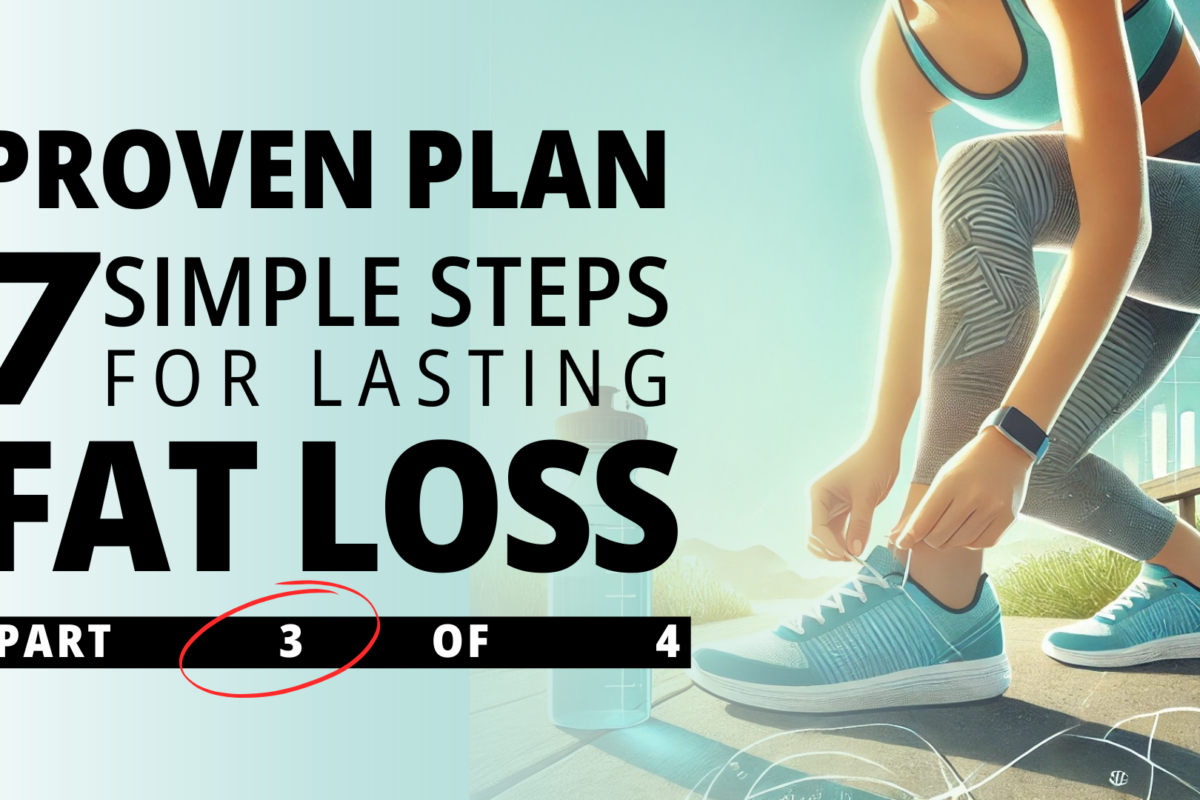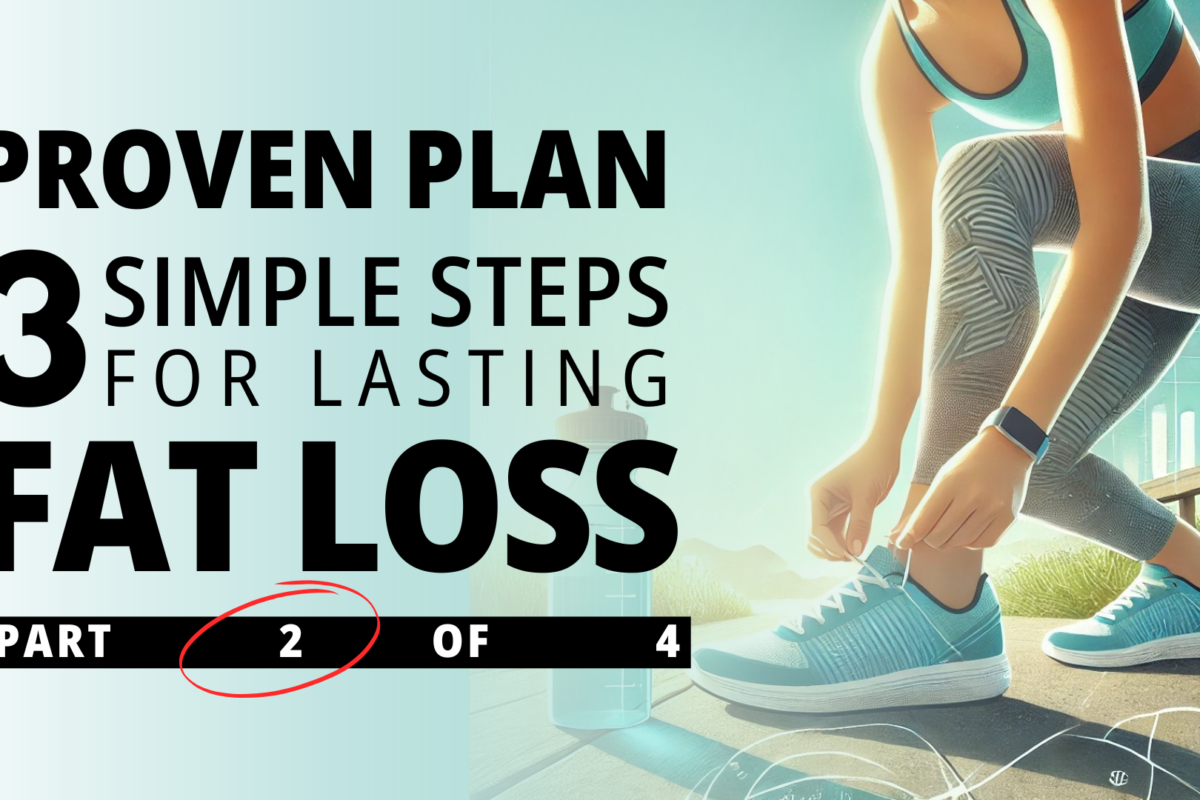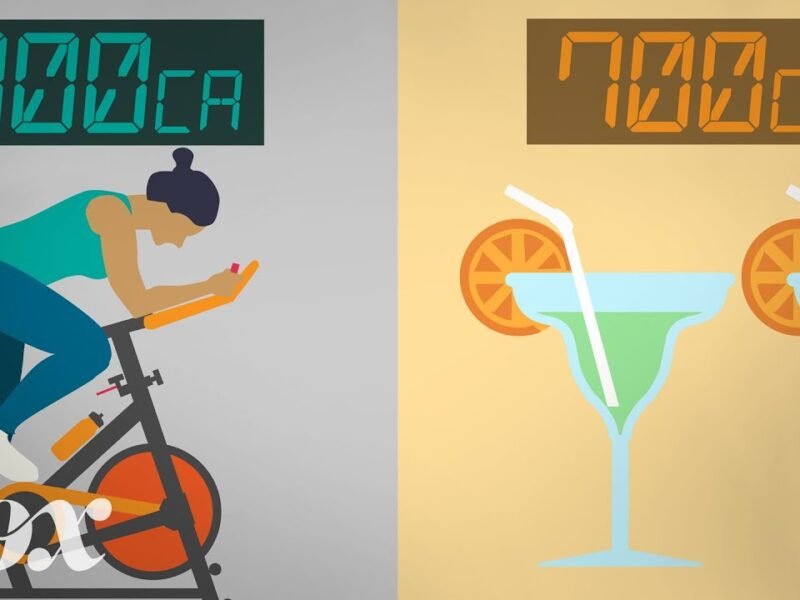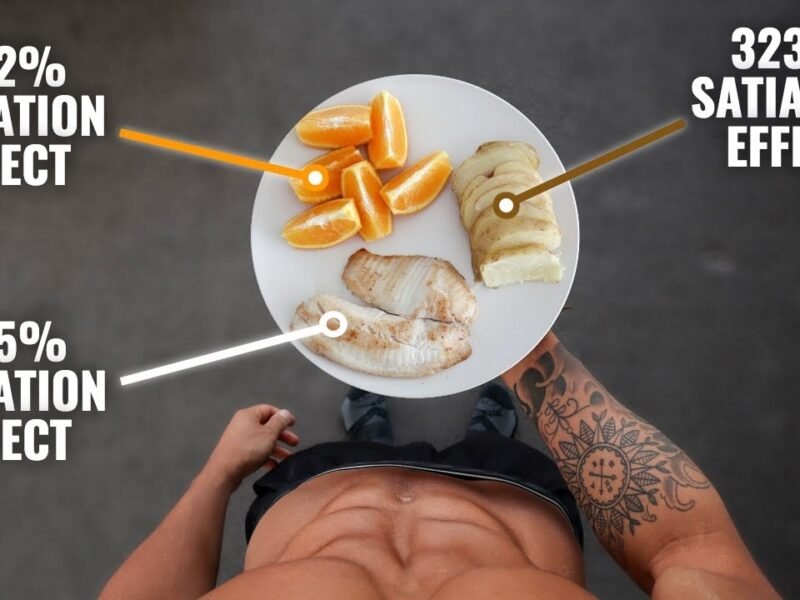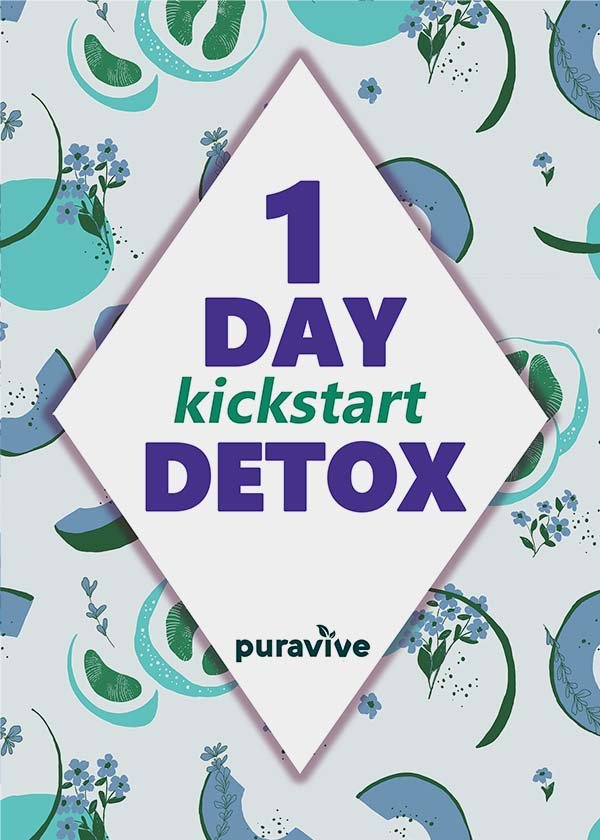WEIGHT LOSS HACK: Eat MORE and LOSE Weight!
Why Eating More Protein and Fiber Can Help You Lose Weight
When most people think about weight loss, they immediately focus on what to cut out of their diets—less sugar, fewer carbs, or smaller portions. But what if the key to sustainable weight loss isn’t eating less but eating more of the right foods? In this guide, we’ll explore how increasing your intake of protein and fiber can transform your weight loss journey.
Why Protein is Key for Weight Loss
Protein is often misunderstood in weight loss conversations. You don’t need a high-protein diet to lose weight, but ensuring you eat enough protein can significantly enhance your results. Here’s why:
1. Protein Keeps You Full Longer
Protein takes longer to digest than carbohydrates or fats. This means you’ll feel fuller and more satisfied for longer, reducing mid-afternoon cravings or the urge to snack unnecessarily.
2. Protein Helps Preserve Muscle During Weight Loss
When you lose weight quickly, your body often sheds water and muscle along with fat. Eating sufficient protein helps protect muscle mass, ensuring you lose fat instead of valuable muscle.
3. Protein Boosts Your Metabolism
Protein has a high thermic effect, meaning your body burns more calories digesting it compared to carbs or fats. This small metabolic boost can add up over time.
4. Protein is Harder to Store as Fat
Excess protein is less likely to be stored as fat compared to carbohydrates or fats, making it a smart choice for weight management.
Sources of Protein: Add beans, dairy, lean unprocessed meat, fish, nuts, and seeds to your meals to boost protein intake.
Fiber: The Unsung Hero of Weight Loss
Most people don’t get enough fiber, but it plays a crucial role in weight loss and overall health.
1. Fiber Reduces Appetite
Soluble fiber dissolves in water and forms a gel-like substance in your gut, making you feel full and reducing your appetite.
2. Fiber Improves Digestion
Insoluble fiber acts as a bulking agent, speeding up digestion and helping your body eliminate waste efficiently.
3. Fiber Supports a Healthy Gut Microbiome
Fiber acts as a prebiotic, feeding the good bacteria in your gut. A healthy microbiome is linked to better weight management and reduced risk of obesity.
4. Fiber Helps Eliminate Calories
Some fibers bind to calories and carry them out of your body before they can be absorbed.
Sources of Fiber: Add whole grains, fruits, vegetables, legumes, nuts, and seeds to your meals for a fiber boost.
Practical Tips for Adding Protein and Fiber to Your Diet
Making small, sustainable changes to your meals can help you eat more protein and fiber without feeling deprived.
Switch to Whole Grains
Replace white bread, rice, and pasta with whole-grain alternatives. Look for options that include nuts and seeds for added benefits.
Snack Smart
Keep healthy snacks on hand, like carrots with hummus, multigrain crackers, or a handful of nuts.
Add Beans and Lentils
Incorporate beans and lentils into soups, salads, pasta sauces, and curries. They’re rich in both protein and fiber.
Top Your Meals with Nuts and Seeds
Sprinkle chia seeds, flaxseeds, or toasted nuts on salads, porridge, or yogurt for added crunch and nutrition.
Embrace Frozen Veggies
Frozen vegetables are an affordable and convenient way to ensure half your plate is filled with fiber-rich veggies.
Choose High-Protein Dairy
Switch to high-protein yogurt or coconut-based options. Add fruits, nuts, and seeds for a nutritious and satisfying snack.
Make Fiber-Packed Smoothies
Blend green bananas, berries, and spinach with chia or flaxseeds to create a high-fiber, nutrient-rich smoothie.
Why This Approach Works
By focusing on what you can eat more of—rather than what to restrict—you’ll enjoy larger, more satisfying meals while naturally reducing your calorie intake. Protein and fiber keep you full, support digestion, and make weight loss feel effortless.
Final Thoughts
Weight loss doesn’t have to be about deprivation. By adding more protein and fiber to your meals, you can stay satisfied, maintain muscle mass, and improve your overall health. These small, sustainable changes can make a big difference over time.






